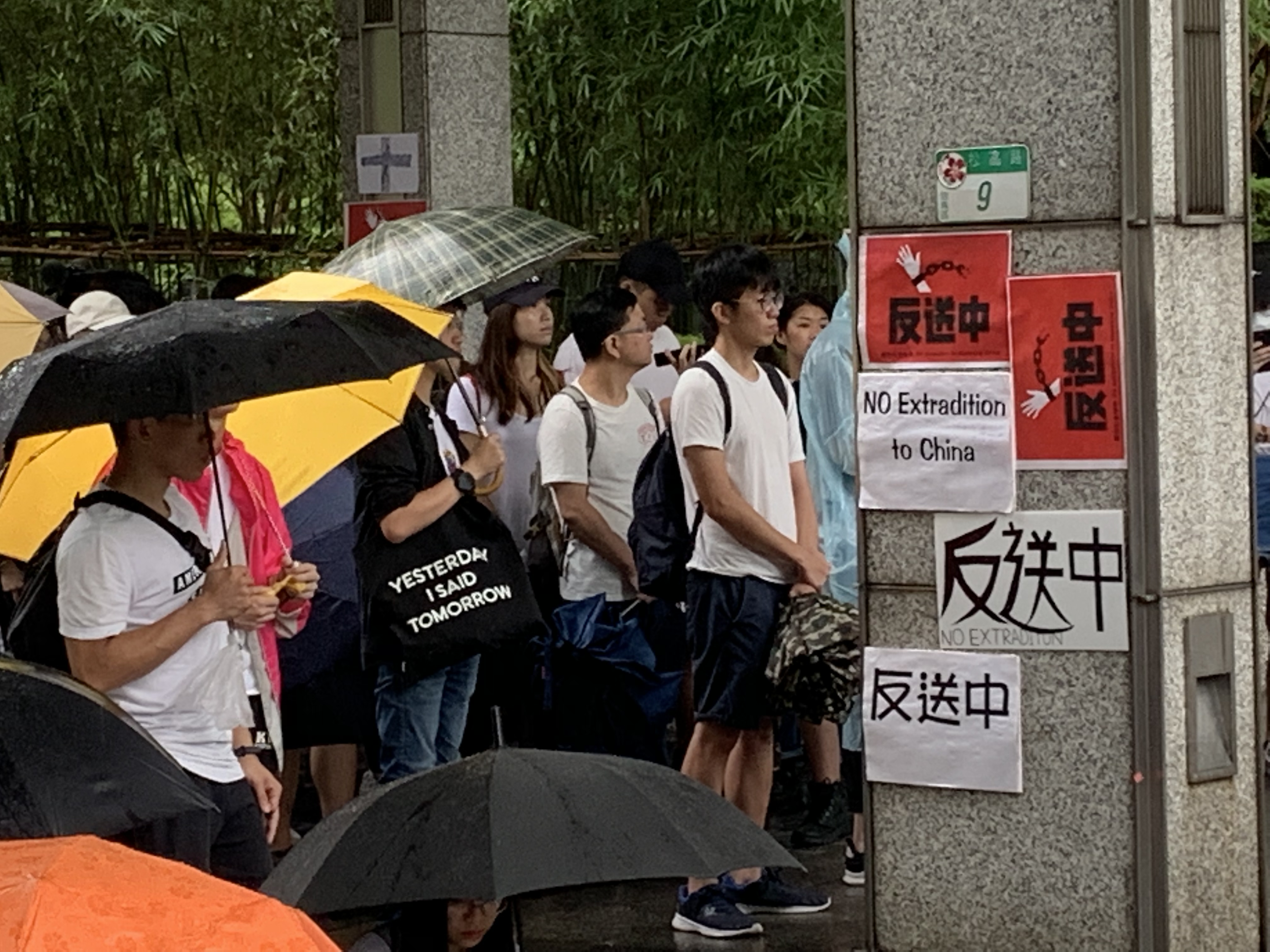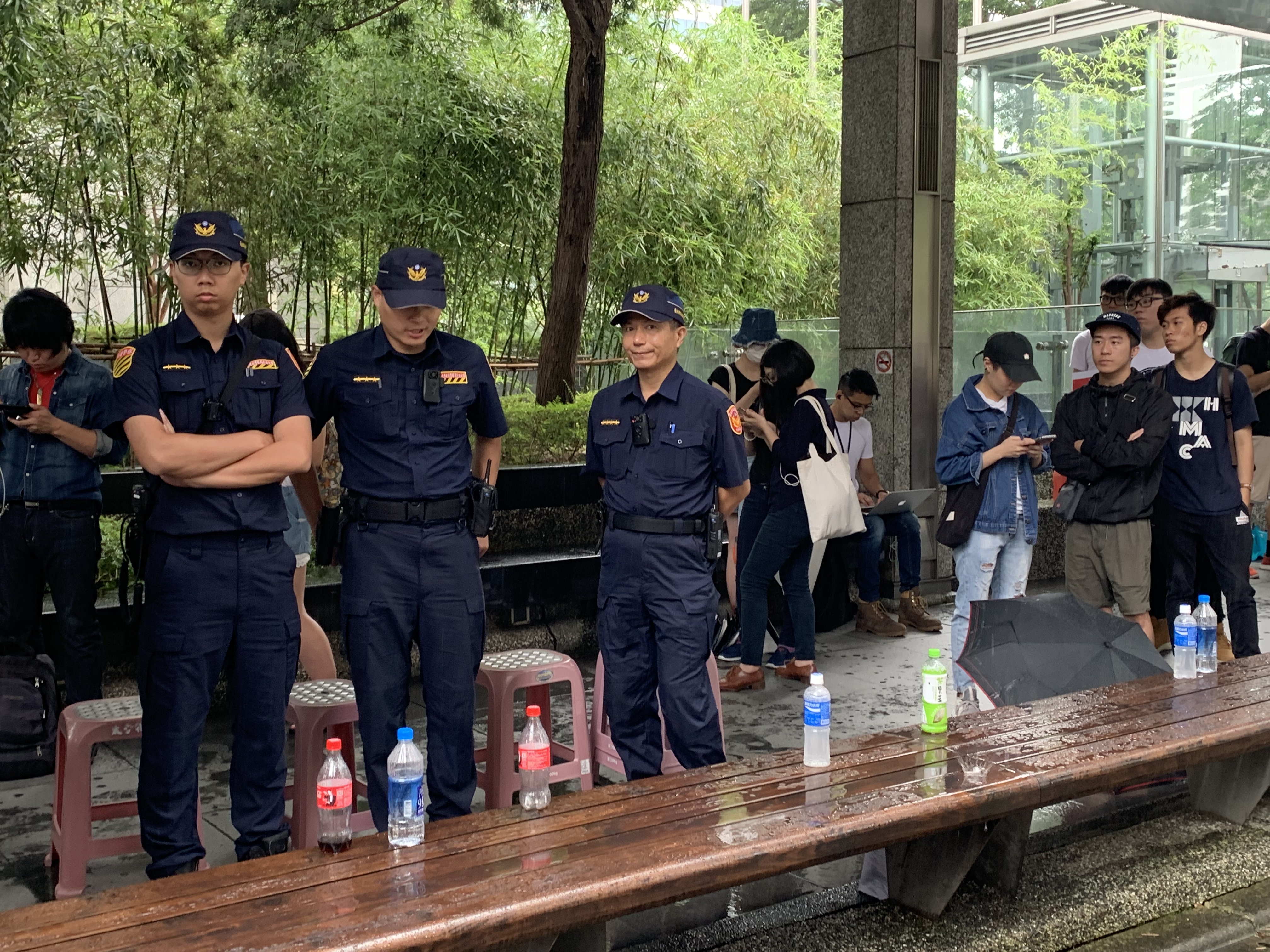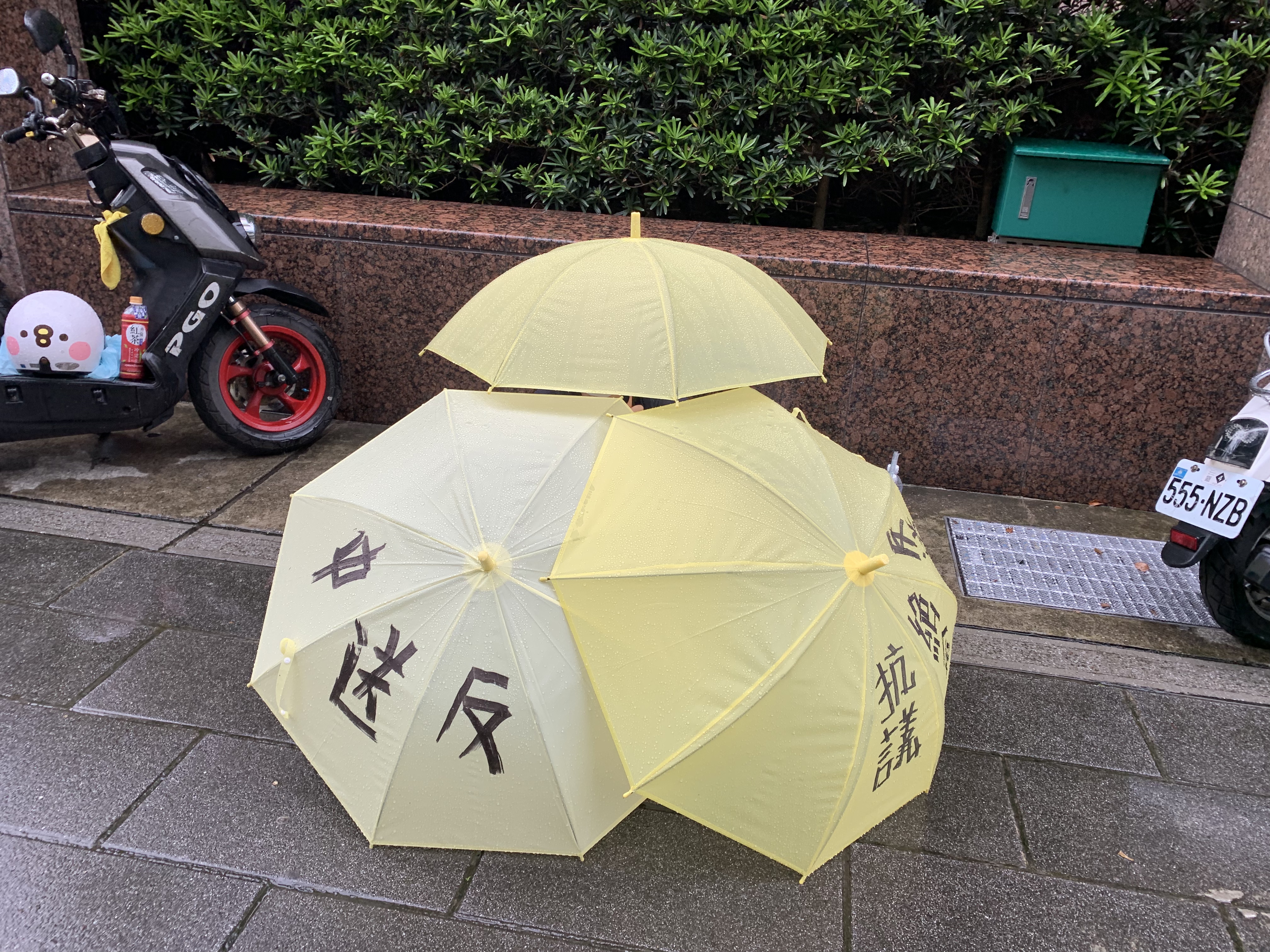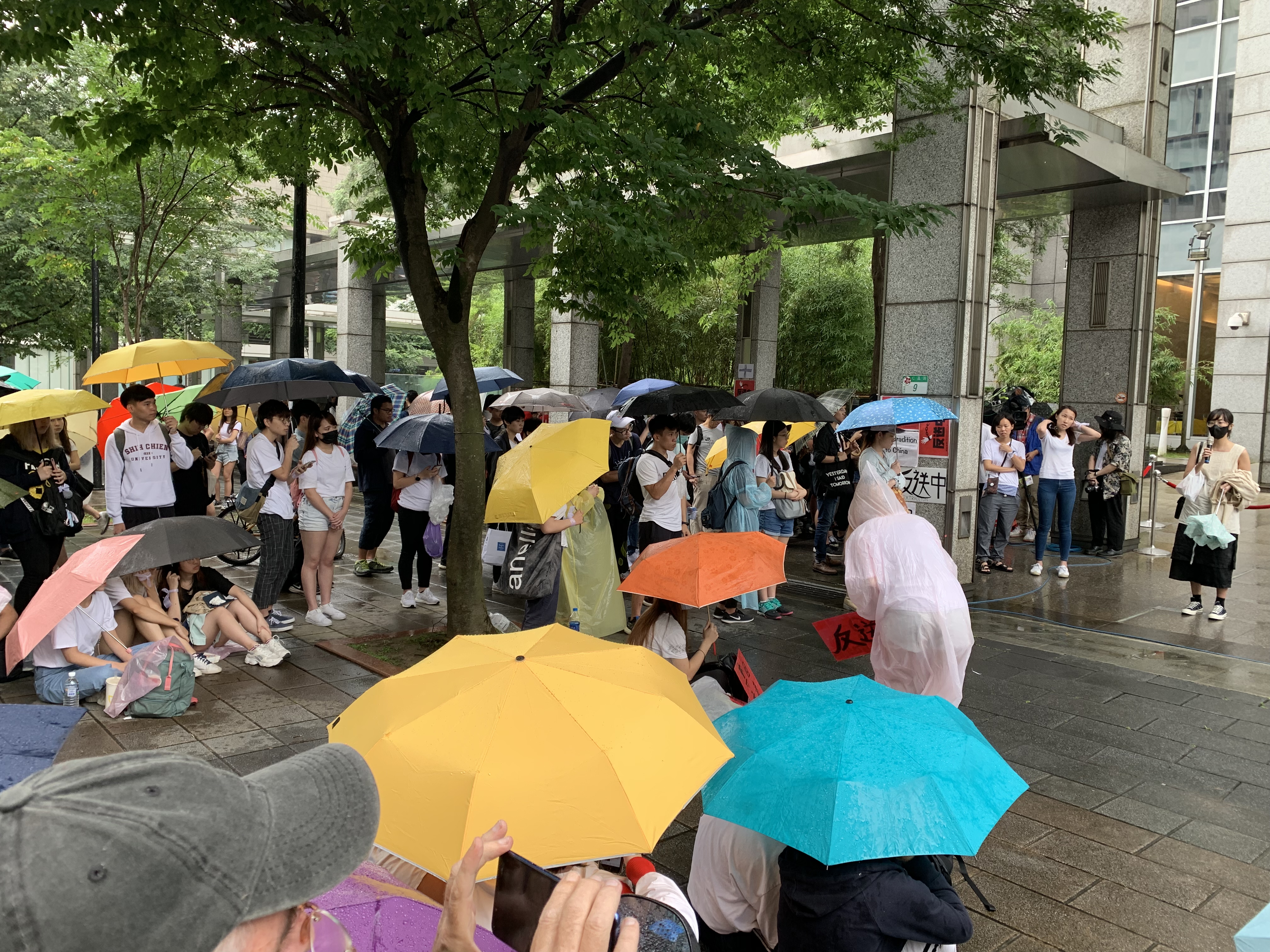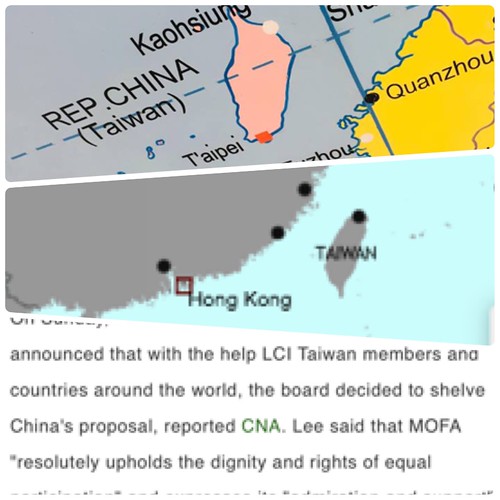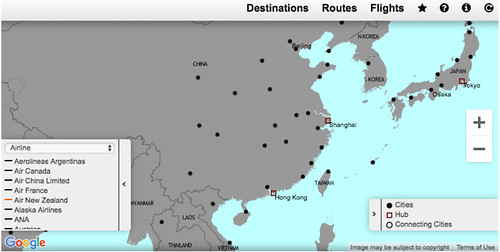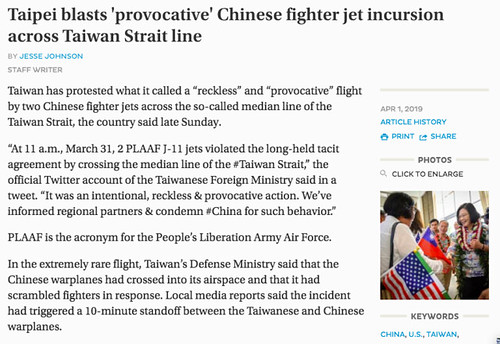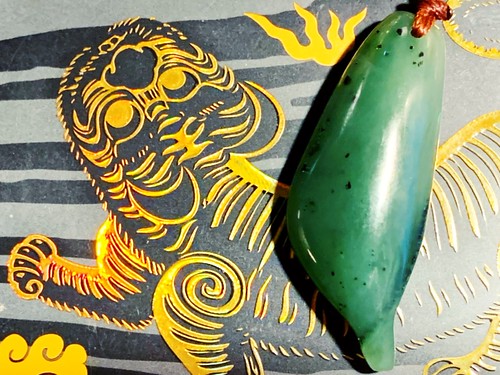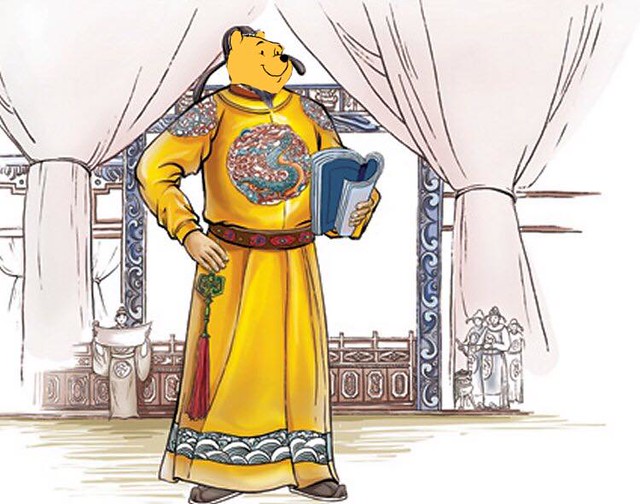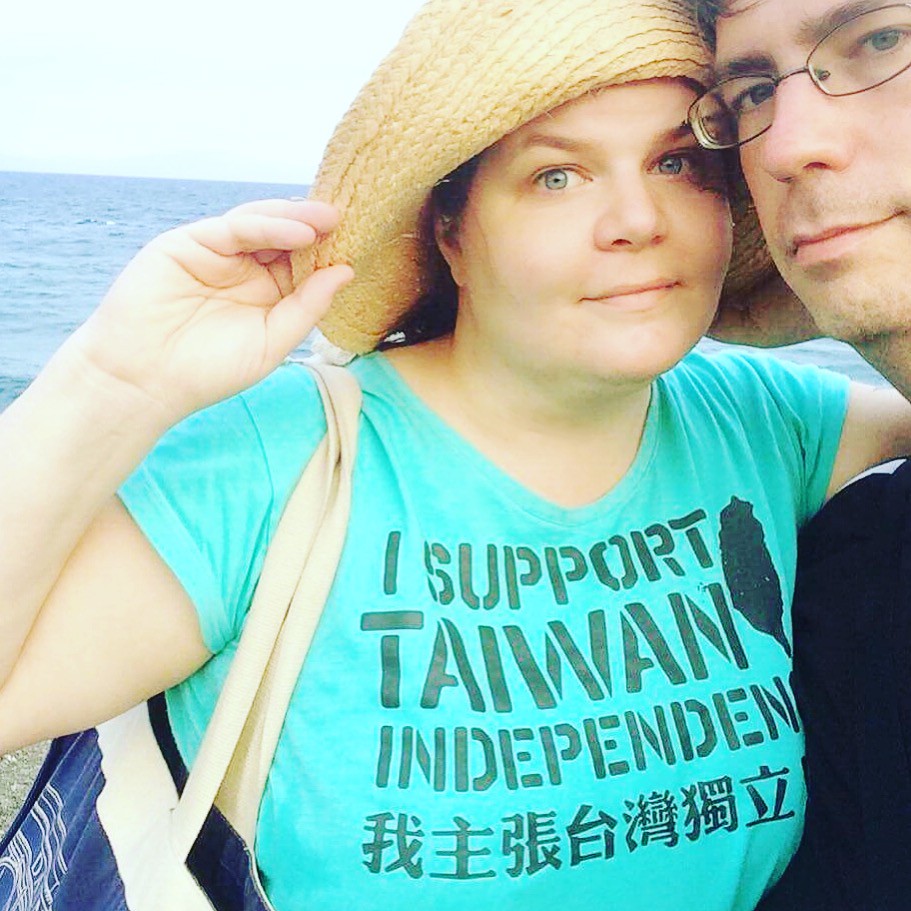 |
| Support rally for Hong Kong in Taipei in mid-June |
A lot of op-eds and thinkpieces have come out recently regarding the events in Hong Kong and Taiwan's status - in fact, one side benefit for Taiwan (other than a boost for President Tsai) is that the turmoil in Hong Kong is causing the world to also take a closer look at Taiwan. I may blast the international media for not getting Taiwan 'right' (and they often don't, even the most well-intentioned among them), but these past few weeks, journalists who aim to raise awareness about Taiwan to the world have really come out in force to tie the two issues together, and I am grateful for that.
Instead of linking throughout the piece, let me draw your attention to some of this excellent work:
Taiwan's Status is a Political Absurdity
Wishful Thinking and the China Threat
Hong Kong Has Nothing Left To Lose
Support for Hong Kong rises in Taiwan amid fears for a future under Beijing's rule
Hong Kong And Taiwan Are Bonding Over China (in fact they've been close since 2014 but nobody in the international media cared until a few weeks ago)
Hong Kong's Desperate Cry
...and more.
All I could think while I read this excellent work were of two things I experienced recently. First, at the 'support Hong Kong' rally outside the Legislative Yuan, one of the speakers quoted Dylan Thomas - slightly out of context but I'm cool with it - exhorting us to "rage against the dying of the light".
And another context, over a week later, in which a friend made me her plus-one to a reception at AIT and I told some random employee quite directly that it was time to officially recognize Taiwan - not as the Republic of China but as Taiwan. He wasn't wrong when he mentioned anger from China, or that the US does do what it can (generally, depending on whose in charge). But I said to him:
"Look, you know where this ends, right?"
Random Guy: ...
"You know this ends in war."
And that's just it - all I can see in Hong Kong's future is bleakness. War, massacre or the dying of the light. I don't predict a much brighter future for Taiwan, though at least there's a sliver of hope remaining.
I mean, pro-democracy forces in Hong Kong should not back down, and will not back down. There is no legal pathway for Hong Kong to go from where they are now to full democracy, and the protesters realize this means civil disobedience is necessary (I have a link for this as I'm not the only one who's had this idea, but I can't find it). In any case, if you accept that there is in fact a 'right' and a 'wrong' here and those who want greater freedom and autonomy for Hong Kong are right, they should not back down: Carrie Lam, LegCo and their Beijing handlers should. It's not the protesters' job to ensure peace - it's their job to fight for what's right. Peace will come when the bad guys stop being bad.
But that's not going to happen.
It's even worse than that - the anger here isn't just over the extradition bill. Withdrawing it won't fix the problem.
The problem is that what Hong Kongers want - as a general consensus - is actual democracy and a greater degree of sustained and guaranteed autonomy (with a vocal subset wanting full independence). And that is like oil to Beijing's water. Worse still, there is no emulsifying agreement in the world that could make them mix. This isn't just because democracy anywhere on Chinese soil (or on claimed Chinese soil) scares Beijing as it might give their own citizens ideas they find unacceptable, but also because they fundamentally don't understand why it should matter. They just don't see why Hong Kongers should need or want it. They have no intention of negotiating an agreement that gives Hong Kong real democracy and human rights, let alone allowing such a system in perpetuity - and yet that's exactly what Hong Kong wants. And nothing less will do, because anything less is not democracy or human rights, period.
And in 27 years, these two notions of how a country should be are headed for a game of chicken, with millions of lives at stake - with no real middle ground for negotiation. Either you have a democratic system with a trustworthy assurance that it will not be eroded, or you don't. There is no universe in which the CCP has power and is willing to offer that assurance.
I mean, look at who the pro-democracy forces are talking to - a leader who cries more over broken glass and spray paint than people who actually died, and is now presiding over the widespread arrests of demonstrators, and a huge government that once rolled over their own people with tanks, is in the midst of a literal genocide in Xinjiang, and will do it all again if they can get away with it because they fundamentally don't see what's wrong with any of it.
So when you've got one side that isn't going to readily accept anything less than this, and another (more powerful) side that doesn't even see why it should be considered important, and the second side basically owns the first...well. None of the thinkpieces on Hong Kong want to go that far or say the words, but come on. We know where that ends.
All I can say is I don't know what the UK was thinking when it assumed that 50 years - or any number of years - would be an acceptable period of time in which to convince an entire city that the democratic norms they never really had but do want were not necessary, and that it would be acceptable to let a regime like the CCP determine Hong Kong's future. They had to know that at the end of the One Country Two Systems timeline, that Hong Kongers wouldn't be clamoring to give up what limited rights and freedoms they had to be more like the rest of China. Was the UK really that shortsighted - thinking it was doing the right thing by giving up its colonial rule to deliver Hong Kong to an even worse master?
(Yes.)
Is there any way to stop the inevitable? Perhaps if the world does more than pledge verbal support to Hong Kong and actually does something to make China feel a bit of pain - though probably not. I don't think any country is willing to actually send in troops to stop the slow erosion of Hong Kong, when the process by which it is happening is entirely legal and was in fact somewhat negotiated. I also somewhat doubt that they'd put the economic screws to China, because it'd blow back on their economies as well. If there's one thing I've learned in the 21st century, it's that even when it might be effective, wealthy countries are terrified of doing anything that might cause economic discomfort.
It's not much different for Taiwan. We know where that ends too.
China's not going to stop insisting on annexation, and Taiwan is just going to move further away from China. There's no common ground there either: either Taiwan is sovereign, or it isn't. Either Taiwan has a real democracy with real democratic norms and rights, or it doesn't. China can promise this under a unification framework, but it doesn't understand why it should have to keep such a promise. Beijing either genuinely can't tell the difference between a "democracy" in which all candidates are pre-approved by the CCP and other freedoms or limited, or they don't care, and they're not exactly known for keeping promises, so there is no incentive to follow through in good faith.
So what happens to Taiwan when China finally has the wherewithal to actually force the issue? Does Taiwan fight and hold off the first wave, only to possibly/probably lose later? Does it become a protracted bloodbath not unlike Syria, because annexation isn't exactly an over-and-done deal and Taiwan is more of a poison pill than an easily-subjugated territory? What happens if a future KMT president tries to ram through a "peace treaty" the way they tried to ram through CSSTA? Do we have another Sunflower Movement, except bigger and with escalating police violence this time?
What happens when Taiwan and the world fully wake up to what many of us have known for awhile: that there is no middle ground that can be negotiated with China? That there is no "you two sides have to settle this peacefully", because one side cannot be trusted?
Does the world step in?
Because "we're doing what we can" (under current frameworks, agreements, treaties etc. that are in place) isn't exactly reassuring. When we're down to the wire and troops are rolling in, do you do something or not?
If we don't do anything - if we cry and wail and make verbal statements of support, or "talk behind closed doors" (or even open doors) but don't actually lift a finger, if you're afraid to even wobble the economy just a little bit...where does it end?
Does it end with a victorious Taiwan, sovereign and rejoicing that it fought off a massive enemy on its own?
Does it end with a victorious Hong Kong, with true, full democracy and all the rights and freedoms that implies?
Does it end with a free world that can co-exist peacefully with China, their raging expansionism sated? A world free of debt traps, Chinese-owned transport infrastructure that is never held hostage whenever China wants something from the country that infrastructure is in, and technological infrastructure that is safe for the world to use?
Obviously not.
When we say "well, we're doing what we can...it's complicated...I mean, Hong Kong is a part of China...we know Taiwan deserves better but China might get angry...I mean, it's tough to do anything about those concentration camps" and pretend that that is sufficient, we all know how this ends.
When we try to talk about these issues as though it's still acceptable to kick this can down the road - okay you guys, just sit in the morass for awhile because cleaning up the morass would make Beijing angry, eventually we'll figure out how to drain it even though Beijing is opposed to every form of drainage system that works - we know how this ends.
I know that's been how tricky diplomacy has worked for decades - just find a way to put it off until later, even if the people who actually live there have to exist in an anxious limbo for generations - and I'm not the first person to have this thought. But it's not going to keep working. So why are we letting the ghosts of the '80s and '90s try to convince us that it will?
When we pretend that short-term band-aids can fix long-term disagreements, and pretend that there is always a middle ground if we just "keep talking" until we find it, and keep telling the good guys to "just wait" because the bad guys need to "agree" to a solution, when we pretend that the only 'evil' or colonial powers in the world are Western ones, and when we pretend that an oppressive authoritarian regime might possibly - with the right negotiations - be acceptable someday to people in freer places like Hong Kong and Taiwan, or that Beijing is interested in working towards an acceptable solution at all...
...well, we all know how this ends.
Don't pretend that the rest of the world can decline to step in and there will still be a happy ending. Don't pretend that China is actually interested in any sort of happy ending that doesn't result in them getting everything they want, regardless of what others want.
So gird your loins, folks. It might be taboo to give voice to what we're all actually worried about - to say "this could be another Tiananmen, or another Syria, or worse", but...
...unless we make Beijing back down now and stop pretending a compromise exists, that's where it ends and you know it.

